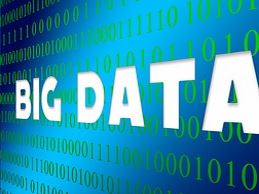 What is R?
What is R?
R is an interpreted programming language that is comparable to the popular commercial statistical packages such as SAS and SPSS. The R programming language was named after the first name initials of the two authors Ross Ihaka and Robert Gentleman. R is a different implementation of the S programming language as it is combined with lexical scoping semantics. Importantly, R is freely available under the GNU General Public License (GPL) and there are pre-compiled binary versions for various popular and common operating systems (Linux, Windows and MacOS X). Although R has a command line interface, there are several graphical user interfaces such as RStudio.
What is S?
The S programming language is a proprietary statistical tool developed by Bell Labs in 1976. S was created specifically for data visualisation and exploration, statistical modelling and programming with data. S provides a rich, object-oriented environment designed for interactive data discovery and statistical data mining. It is used to describe to a computer a graphical view, numerical summary, statistical model, or other information you want to produce. S was designed to be used in practice, but with an emphasis on users who wanted to turn new ideas into software.
Why Use R for Data and Statistical Analysis?
R has the following core features for data and statistical analysis:
- interactive language:- it can mirror the way that people think about solutions
- data structures:- it is vector-oriented so that data can be put into a natural form
- graphics:- it is easy to produce graphs which make data simpler to comprehend and understand
- missing data values:- real data collection often has missing values but R has functions that allows you to handle missing values
- functions as first class objects:- functions are objects that you can use like data
- packages:- makes it easy to add new functionality. There are many packages that can be used with R to extend it native feature set
- community support:- has strong and active community of developers, experts, collaborators, writers, documentation, testers, and conferences
RStudio
RStudio is an Integrated Development Environment (IDE) for R and makes developing R code easier than the command line. The IDE has a code console, a syntax-highlighting editor that supports direct code execution, and tools for plotting, history, debugging and work space management. RStudio is available in open source and commercial editions and runs on the desktop (Windows, Mac, and Linux) or in a browser connected to a RStudio Server.
Useful Resources
- Download R pre-compiled binary distribution
- Download RStudio
- Impatient R – Beginning to learn the R programming language
- Some hints for the R beginner
- How to Learn R
- The R Manuals
